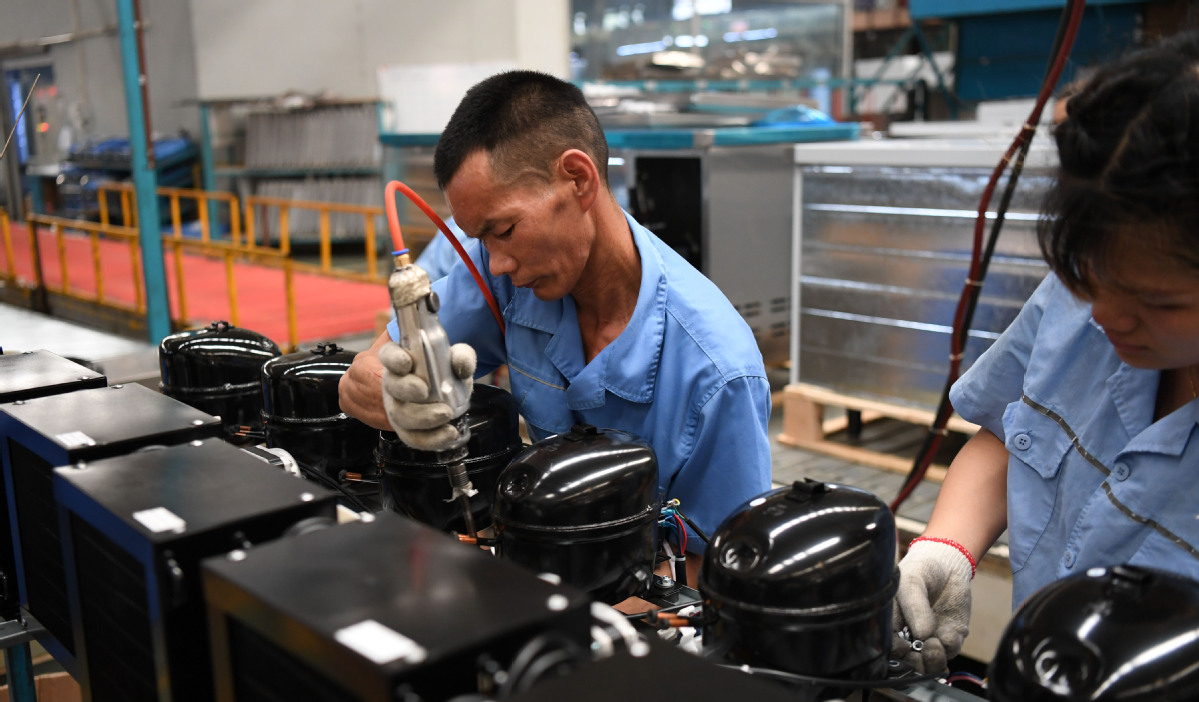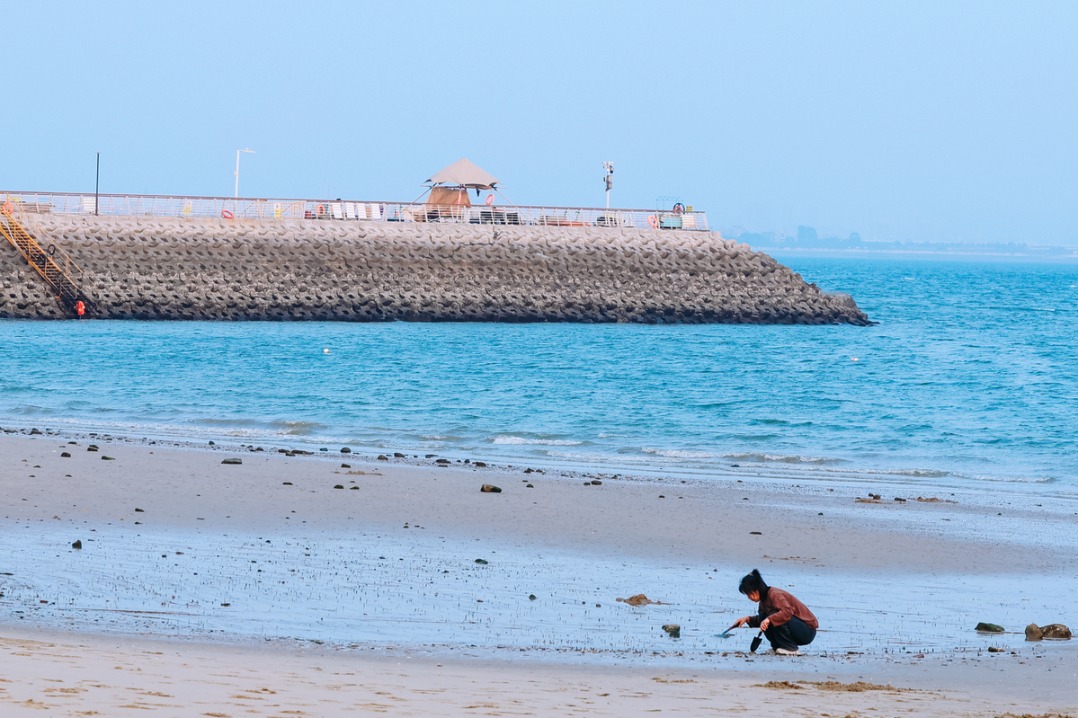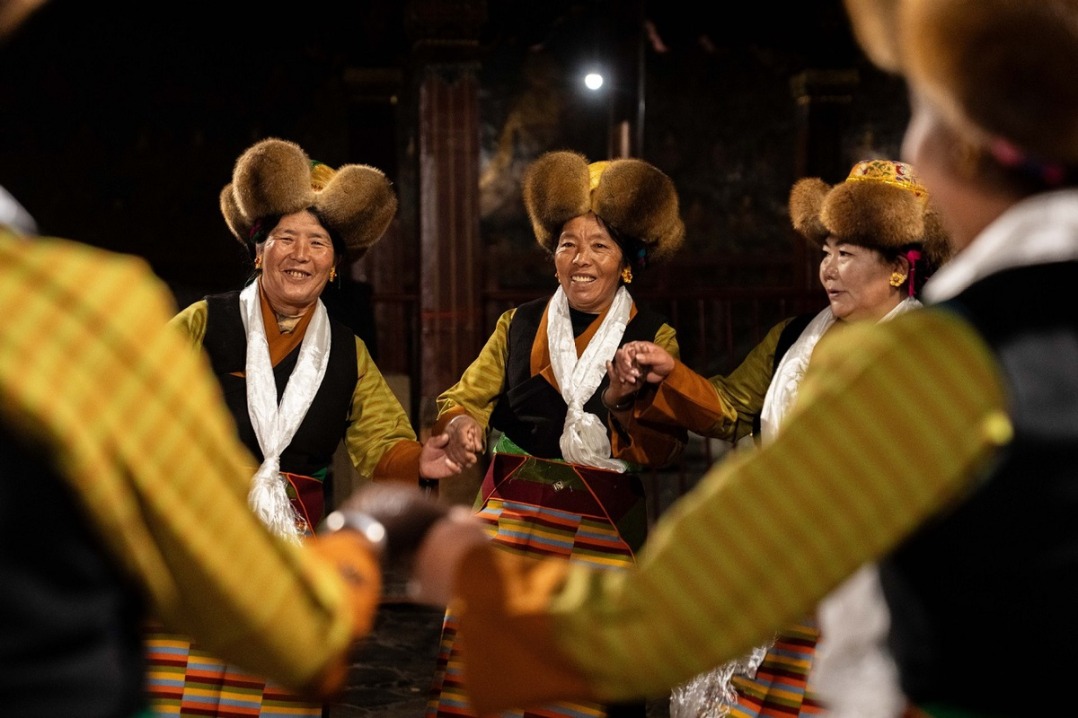'The most remarkable achievement of our times'
An influential British author assesses China and its drive over many years to create a prosperous society


Editor's note: As China aims to eliminate extreme poverty and be a "moderately prosperous society" (xiaokang shehui) in time for the 100th anniversary of the founding of the Communist Party of China next year, we talk to leading experts for their take on the country's commitment.
Martin Jacques insists China achieving a moderately prosperous society is the biggest contribution to human rights in modern history.
The author and academic says the achievement, which has delivered 850 million people out of poverty, has changed the world.
"It has enriched so many people's lives and enfranchised them in a way that they would not have imagined 35 or 40 years ago. It is a colossal contribution to human rights. The world has been transformed by this achievement."
The 74-year-old author of When China Rules the World: The End of the Western World and the Birth of a New Global Order, one of the seminal works on China in recent years, says this landmark achievement is not always fully recognized in the West, although those in the developing world are more than aware of its significance.
"Developed countries do not really understand what it's like to live on the other side of the tracks. Developing countries, where a lot of people are very poor and still have agrarian economies, absolutely do."
Jacques, who was speaking from his London home, where he has been during the UK's coronavirus lockdown, insists that China becoming a moderately prosperous society has also fundamentally changed the world.
"The shift of the center of gravity of the global economy is steadily eastward. In 1980 the epicenter of the global economy was off in the Atlantic Ocean, somewhere between Europe and the United States. But ever since it has been shifting and is now somewhere around the Persian Gulf moving toward the Indochina border."
Jacques has had long experience of Asia, living and working in Hong Kong in the 1990s and early 2000s.
He shot to prominence as a leading figure in the debate about China when in 2009 he published When China Rules the World, which became an international bestseller.
In the book Jacques put up a rigorous defense of China's government and economic system when others were predicting the country's collapse. However, the book had its critics and was dismissed by the former Hong Kong governor Chris Patten as "silly".
Jacques' main argument was not that China was going to take over the world but that it was going to shape it.
"People were predicting at the time that China was going to be heading for one hell of a crisis. Well they were right about the crisis but it wasn't going to be China that was going to have it but the West with the collapse of its financial system."
Jacques, who has held a number of academic positions in China, including visiting professorships at the Institute of Modern International Relations at Tsinghua University and at the China Institute at Fudan University, has had few doubts that China would emerge to become moderately prosperous or xiaokang, a term of Confucian origin.
He argues the milestone marks China becoming an inclusive society in which poverty is eradicated and the interests of everyone are taken care of.
"Moderately prosperous society has a double meaning really. Firstly, that there is no one or virtually no one living in extreme poverty. And, secondly, you have reached a point where a country can afford to provide public goods which it could not afford to do before in terms of education, health service, transport, infrastructure, including all of these in rural areas also."
Jacques said this has been an evolution but China is now at a point where it has the luxury of making choices.
"China has now got air to breath in a new kind of way. They can be more expansive. They can think about how they want to do things; they've got choices. China has arrived at that point where the whole life of society is becoming more enjoyable, more stimulating, more rewarding and there are more opportunities for all age groups. It is arriving at a much more comfortable place."
China's success has been achieved by having a strong government at the center driving reform throughout a period of unprecedented fast development, he says.
He doubts that the country would have become a moderately prosperous society if everything had been left to the market and private sector.
"The Chinese development model is the very antithesis of the Washington Consensus model, where you leave everything to the private sector. It is built on a state which can define the public interest, define the interest of the country, and then pursue it. It's not just a cacophony of private interests and private voices, all competing with each other."
One of China's key strengths has been its ability to think long term and have a really well thought-out strategy, he says.
"It is a government that has been able to think ahead and have real strategic capacity. It is a government that has always been pragmatic or, as Chairman Mao said, one that seeks truth from facts."
Jacques was born in Coventry in the English West Midlands just after World War II and was brought up by parents who were members of the Communist Party of Great Britain. He himself became one of the youngest ever executive members of the party when he was 22.
He went on to study at Manchester University, where he took a first in economics and also gained a master's, later gaining a doctorate from King's College, Cambridge.
He started his career teaching at Bristol University before switching to journalism in the late 1970s when he became editor of Marxism Today, which became one of the UK's most prominent political magazines, featuring interviews with politicians across the political spectrum.
Jacques was a friend and mentor of the Marxist historian Eric Hobsbawm and describes himself as being in the European Communist tradition of Antonio Gramsci rather than the faction of the party that remained admirers of the former Soviet Union.
He went on to be deputy editor of The Independent, a UK national newspaper, in the mid-1990s.
- Macron's China visit strengthens ties, boosts cooperation on global issues
- CPC issues revised regulations on its working bodies
- Melodic harmony under gingko tree
- Media tour explores Xiamen's tech surge and smart manufacturing
- Discover Xiamen with beauty of ecological governance
- Conference aimed at strengthening global organ donations opens in Guangzhou




































